The donkey is a pack animal belonging to the horse family. These four-legged animals are known for their long ears. The donkey's distinctive "hee-haw" cry is called a bray. Donkeys come in many different breeds. They range in height, measured from the ground to the highest point on their back, from 90 centimeters to 1.6 meters depending on the variety. Donkey coats can be grey, black, brown or tawny. An albino breed lives on the Italian island of Asinara. Donkeys are strong and need little food. They eat most kinds of vegetables. If attacked, they do not flee but defend themselves with bites and kicks. Surefooted, donkeys can navigate uneven ground including mountains and deserts. They originated in Africa. Central Asia is home to wild animals similar to the donkey such as the kiang, the hemionus and the onager. Donkeys were among the first animals man tamed. They have spread all over the world as beasts of burden. Some domesticated donkeys have returned to their wild state in areas including the US Virgin Islands. In the wild, female donkeys form herds of 5 to 20 members each. Young males also gather in groups, which stay separate from the opposite gender. Adult males tend to live in solitude.
During the mating season in spring and summer, male donkeys battle to reproduce with as many females as possible. The gestation period lasts about a year. Female donkeys typically give birth to one foal at a time. The foals nurse for 6 months. Donkeys sometimes mate with horses—especially in captivity. The offspring of a male donkey and a female horse is called a mule. The opposite combination produces a hinny. Strong and easy to care for, the donkey has long been a precious resource for workers. They carry both cargo and passengers and work in the fields. While machines have largely replaced the donkey, they are still used for transport and as pack animals in developing countries. People sometimes breed donkeys for their meat, which can go into different kinds of sausage. Highly similar to the human variety, donkey milk was used as a substitute for newborns. The terms “donkey” and “ass” connote stupidity, since the animal often seems to misunderstand humans’ orders. Donkeys are not stupid but strong-willed, making it is hard to force them to do tasks that go against their nature.
During the mating season in spring and summer, male donkeys battle to reproduce with as many females as possible. The gestation period lasts about a year. Female donkeys typically give birth to one foal at a time. The foals nurse for 6 months. Donkeys sometimes mate with horses—especially in captivity. The offspring of a male donkey and a female horse is called a mule. The opposite combination produces a hinny. Strong and easy to care for, the donkey has long been a precious resource for workers. They carry both cargo and passengers and work in the fields. While machines have largely replaced the donkey, they are still used for transport and as pack animals in developing countries. People sometimes breed donkeys for their meat, which can go into different kinds of sausage. Highly similar to the human variety, donkey milk was used as a substitute for newborns. The terms “donkey” and “ass” connote stupidity, since the animal often seems to misunderstand humans’ orders. Donkeys are not stupid but strong-willed, making it is hard to force them to do tasks that go against their nature.
RELATED
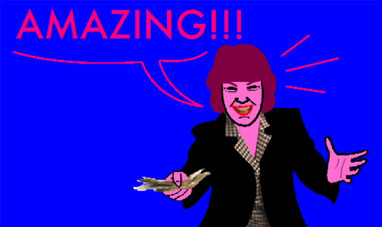

EBAY


OIL


FACEBOOK
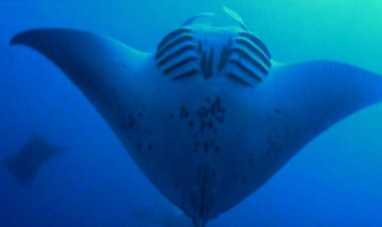

MANTA RAY


SOLAR THERMAL ENERGY
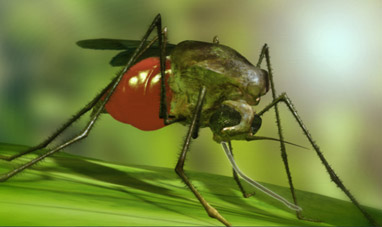

MOSQUITO


THE NERVOUS SYSTEM
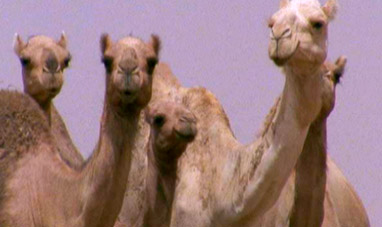

DROMEDARY
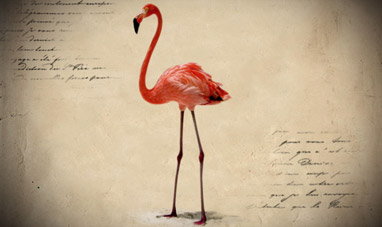

FLAMINGO
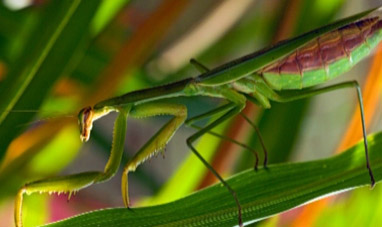

THE PRAYING MANTIS
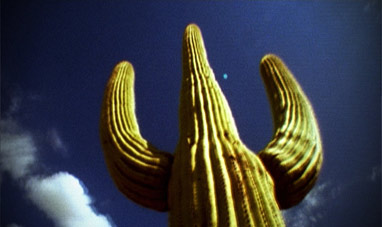

CACTUS


HAIR
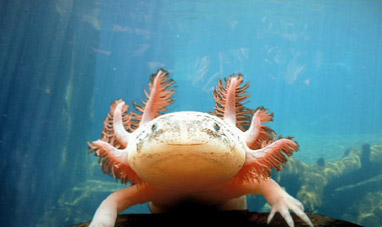

AXOLOTL
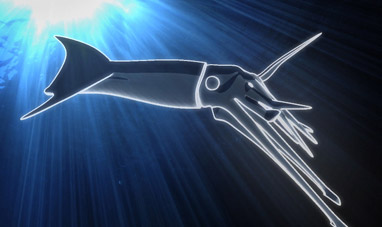

SQUID


TWITTER
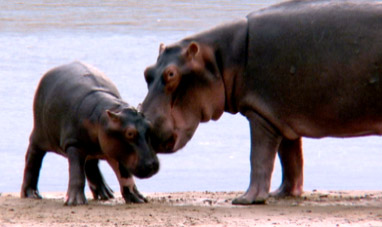

HIPPOPOTAMUS
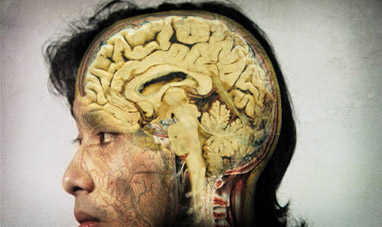

THE BRAIN
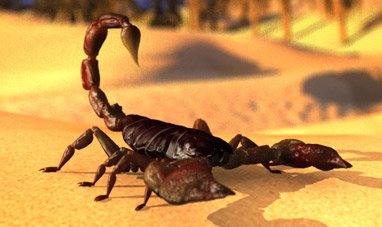

SCORPION
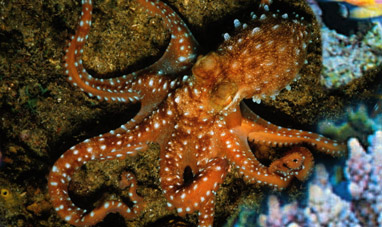

THE OCTOPUS
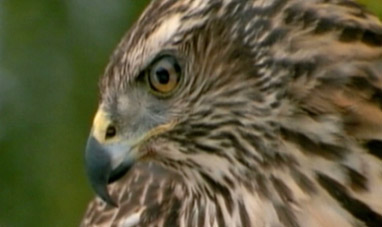

FALCON
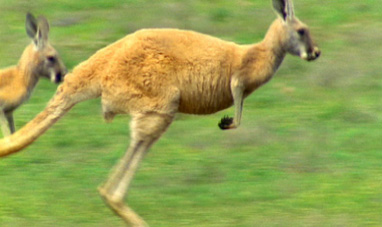

KANGAROO
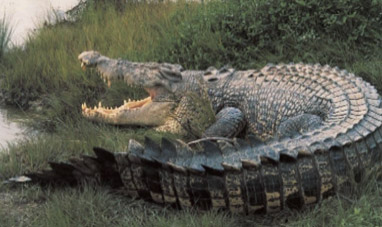

CROCODILE
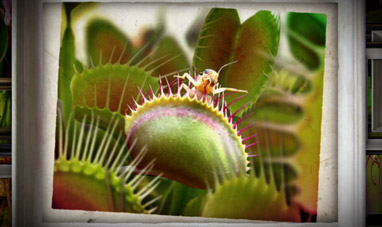

CARNIVOROUS PLANTS
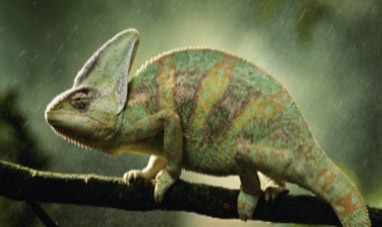

CHAMELEON
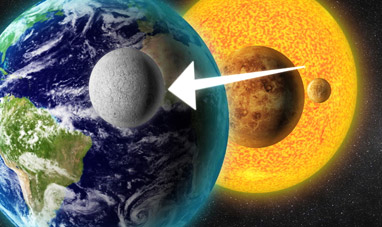

THE MOON


EOLIC
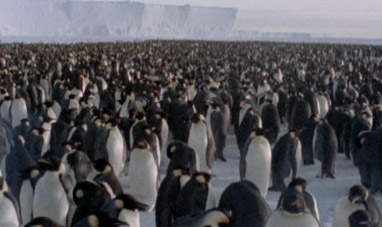

PENGUIN
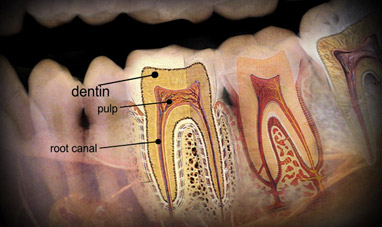

TEETH
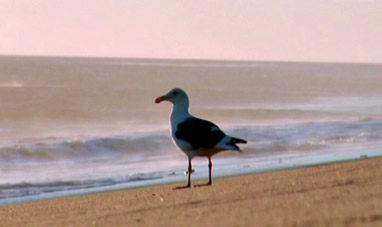

GULL
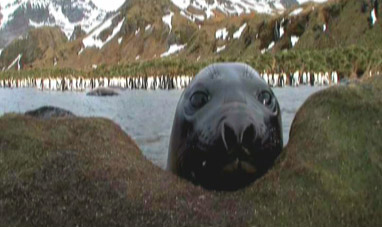

SEAL
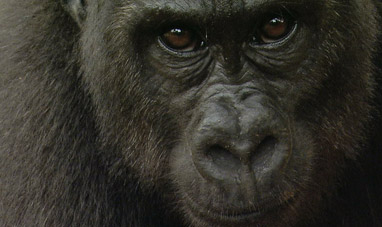

GORILLA
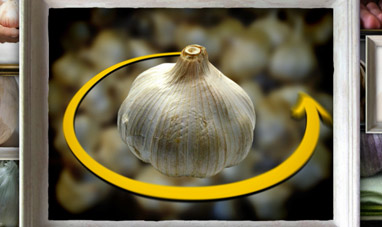

GARLIC
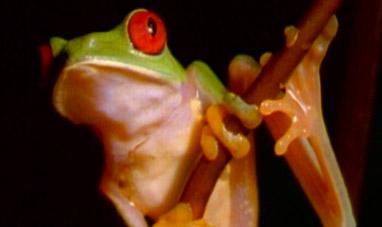

FROG
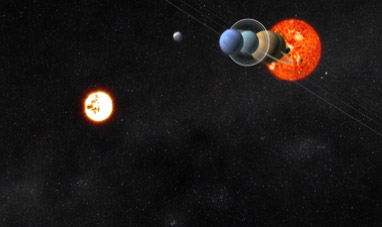

ERIS
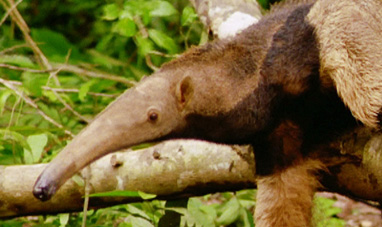

GIANT ANT EATER
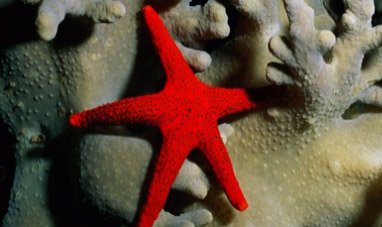

STARFISH
